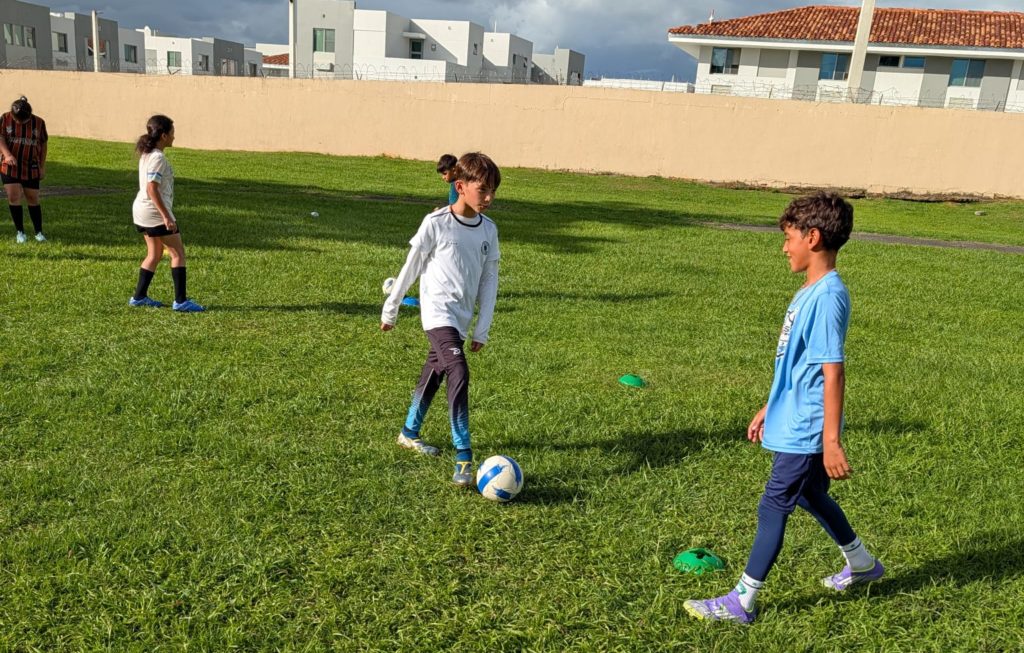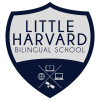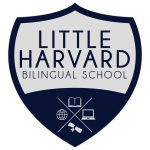
🏫About Little Harvard
Little Harvard is a private school located in Caguas, Puerto Rico, offering a fully bilingual program and a STEAM curriculum (Science, Technology, Engineering, Arts, and Mathematics) for students from Pre-K through 7th grade. We provide a rigorous academic program that prepares students to develop general competencies across all STEAM disciplines. All courses are taught in English, with the exception of an extensive, rigorous academic focus on Spanish as a dual main language and the culturally-based Puerto Rican history class. Little Harvard is the only institution in the Caguas region to hold the distinction of offering this unique STEAM program. The school is fully authorized by the Puerto Rico Department of State, accredited by CADIE (Comisión Acreditadora de Instituciones Educativas), and holds membership in the Puerto Rico Private School Association, ensuring top-tier academic standards.
Our learning environment is highly personalized, featuring a low student-to-teacher ratio and small group settings that maximize personalized teaching and significantly enhance the learning experience. Our dedicated educators and staff genuinely care for each student, fostering a supportive community where mutual respect is a core value—a unique strength where everyone knows each other personally. Little Harvard is committed to providing a conducive learning environment, consistently improving its facilities. We feature modern classrooms equipped with smart boards, high-speed wireless internet, security cameras, and A/C units with HEPA filters and UV light for complete sanitization. Additionally, the campus includes an outdoor cafeteria, a comfortable basketball court, and a new playground.
🏆Why do we excel?
Little Harvard excels because we offer an integrated, fully bilingual, technological, and humanistic curriculum that is centered on the student. This comprehensive framework is designed to help students develop the strong foundation necessary for future professional development. We ensure that the experiences provided prepare learners to successfully face the challenges of formal education at subsequent levels. For this reason, we integrate the STEAM model, where the student enjoys learning through projects that interlace Science, Technology, Engineering, Art, and Mathematics, fostering an essential interdisciplinary approach.
Our philosophy is deeply rooted in established educational theory, ensuring the learner is seen as a unique and rational being. We prioritize the principle that the student learns by doing, a concept championed by John Dewey, by taking children from the theoretical to the practical and vice versa. Following Jean Piaget's suggestions, it is a priority that children are given opportunities to construct their own knowledge through activities using appropriate educational materials. Furthermore, we recognize that each learner uses their experience and Multiple Intelligences (Gardner, 1983) to acquire and apply knowledge and skills for conflict resolution and daily life.
To effectively implement these theories, we utilize a diverse range of pedagogical activities. These include educational games, excursions, collaborative work, laboratory sessions, projects, demonstrations, open questions, and exhibitions, among others. The role of our educators is that of an agent of change, acting as facilitators and guides for the student through content and activities. This guiding role, as suggested by Paulo Freire, actively promotes the development of multidimensional thinking in every student.
🎯What is Little Harvard's purpose?
The primary purpose of Little Harvard is to prepare students to successfully navigate the ever-changing realities of our community and society. Recognizing that shifts in the economy, technology, and other factors continually reshape the world, we aim to equip our students for successful integration into a globalized environment through the implementation of our fully bilingual program. Furthermore, we educate and prepare students to function responsibly within a society governed by laws, regulations, and rules, fostering the necessary skills to contribute to an orderly and harmonious coexistence.
🧠What is Little Harvard's educational philosophy?
The educational program at Little Harvard Bilingual School is framed by an eclectic educational philosophy. This approach integrates useful concepts drawn from various educational philosophies (Ortiz, 2007). By incorporating the best elements from different schools of thought, we ensure our program is flexible, comprehensive, and highly effective in meeting the diverse needs of our students.
🌟What is Little Harvard's educational goal?
Our overarching goal is for every child to achieve their full potential across all developmental stages: physically, emotionally, socially, and cognitively. We firmly believe that it is through education that children acquire the foundational knowledge, essential skills, and core values necessary to thrive.
🧭Mission, Vision & Core Values
Our vision is to be recognized as a leading, innovative, bilingual educational institution that offers excellent services through a highly qualified staff, laying the necessary foundations for students to have a successful educational future and become independent citizens, adaptable and competitive in our rapidly changing society.
Our mission is to offer a quality bilingual education integrating a variety of methodologies to develop the student's abilities to the maximum.
Extracurricular
Offerings
Physical Education / Soccer
Painting / Art
Theater / Dance
Conversational English
STEAM Laboratory
Accreditations
Little Harvard is fully accredited by The Department of Education of Puerto Rico (K-12), Comisión Acreditadora de Instituciones Educativas (CADIE), and registered under Puerto Rico's state department (Departamento de Estado con el número A70-44A70-44)


